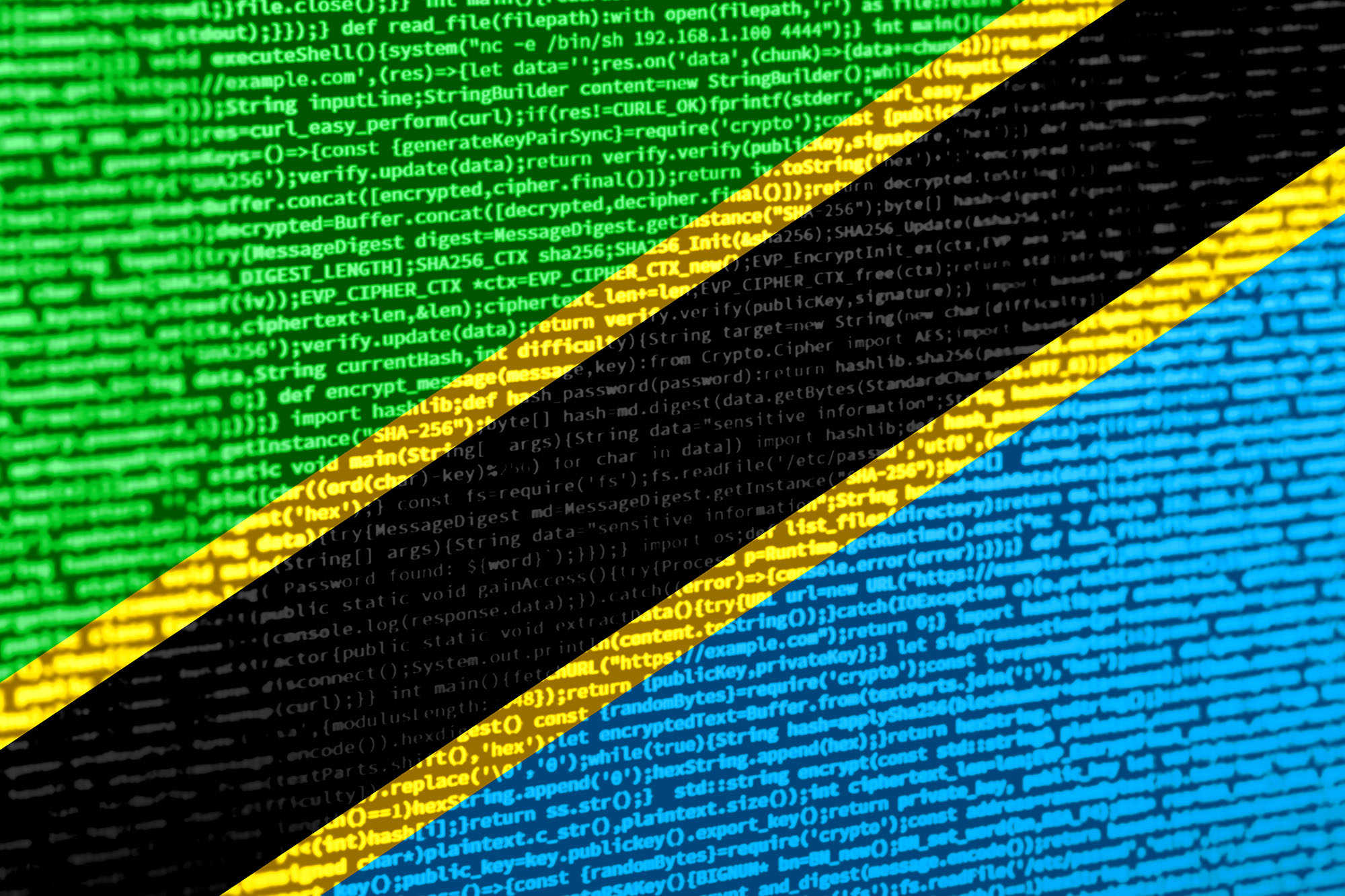Learning
Research
July 18, 2025
Wingu News
Reliable electricity has become essential for economic progress. In Tanzania, a country experiencing significant economic development and digital innovation, power outages remain a major barrier to productivity and profitability. However, these challenges present an opportunity to strengthen digital infrastructure that can protect Tanzanian businesses from recurring disruptions.
Progress in Electrical Access
Tanzania has made substantial progress in electricity access over recent years. According to the World Bank, electricity access increased from 14% of the population in 2011 to over 40% by 20221. The government aims to extend national grid access to 75% of the population by 20302.
The recent commissioning of the Julius Nyerere Hydropower Project, with a capacity of 2,115 MW3, demonstrates the country's commitment to strengthening its energy sector and reducing reliance on ageing fossil fuel plants. However, power reliability remains problematic, particularly for businesses outside major urban centres.
Despite these advances, Tanzania continues to struggle with unreliable grid power. Variable hydroelectric output, ageing transmission infrastructure, and inconsistent rural maintenance mean that outages still affect many businesses, especially those outside urban areas.
The Economic Impact of Unreliable Power
Power outages impose real, measurable costs on Tanzanian businesses. The World Bank Enterprise Survey revealed that power outages in Tanzania cost businesses an estimated 15% of annual sales4. Industry representatives have noted that manufacturers face serious consequences from power cuts, including being forced to use generators and incurring additional costs, with some even suspending production5.
This highlights a critical concern for business continuity across all sectors, from finance and agriculture to retail and logistics. Power outages create ripple effects throughout entire value chains: financial services are delayed, communications are interrupted, manufacturing schedules are disrupted, and small businesses struggle to deliver goods and services.
Many businesses rely on diesel generators, but this solution is both expensive and environmentally unsustainable. Generator fuel costs in Tanzania have risen steadily due to global fuel price volatility, placing smaller enterprises at a particular disadvantage.
The digital economy, increasingly vital to Tanzania's development, faces particular vulnerability. As the country digitalises government services, expands mobile banking, and attracts technology investment, demand for high-availability IT systems has grown significantly. Any substantial downtime can disrupt e-commerce transactions, interrupt cloud-based operations, and undermine investor confidence in the country's ability to support digital ventures.
Digital Transformation Pressures
Tanzania is undergoing rapid digital transformation, with internet subscriptions now exceeding 49 million as of March 20256, and renewable energy sources account for 45-61% of the power mix, including solar, wind, and hydroelectric generation. Mobile money, e-governance platforms, cloud-hosted services, and fintech innovations are increasingly integrated into business and social infrastructure.
However, power disruptions can trigger service outages, erode consumer confidence, and reduce investor interest. Businesses dependent on digital platforms—including e-commerce, online banking, logistics platforms, and remote work systems—require an uninterrupted power supply. These firms face increased scrutiny from investors who demand assurance of operational continuity and IT reliability.
Data Centres: Building Resilient Digital Infrastructure
Despite growing concerns about infrastructure reliability, there is significant opportunity for transformation through the development of modern Tier III and Tier IV-certified data centres and digital infrastructure. These facilities are designed for resilience and can operate independently of external power sources for extended periods, using redundant systems, backup generators, and battery storage to maintain continuous uptime.
Beyond supporting cloud services and enterprise IT, data centres serve as critical resilience hubs for businesses of all sizes, ensuring operational continuity during grid instability. Investment in advanced, carrier-neutral digital infrastructure creates the foundation for a secure, scalable, and robust digital ecosystem. This allows businesses to transfer essential IT operations to professionally managed environments that maximise availability, protect data, and reduce risk.
Market Growth and Potential
Africa's data centre industry is undergoing rapid expansion, with revenues expected to hit US$8.96 billion by 2025. Network infrastructure leads the sector, accounting for US$3.88 billion7. The market is projected to grow at a compound annual growth rate (CAGR) of 7.12% from 2025 to 2030, reaching an estimated value of US$12.63 billion8 by the end of the decade.
Xalam Analytics estimates that within the next five years, the continent's data centre supply will grow by 20% annually9. Over 60 new centres were built from 2019 to 2024 at a combined cost exceeding US$2.3 billion10.
Hyperscalers, cloud providers, and fintech demand are accelerating the development of both regional and Tier III/IV facilities.
Tanzania's Digital Infrastructure Opportunity
While Tanzania is not yet a data centre hub like South Africa or Nigeria, it represents a promising market. National energy improvements, including the Shinyanga Solar Power and Kakono hydroelectric projects12, and upgraded high-voltage transmission lines, are enhancing capacity and reliability over time.
As electrification expands, so does the opportunity for digital infrastructure development. Local colocation points, regional hubs, and edge data facilities can directly support the needs of SMEs, government services, and export-driven enterprises. They provide scalable, secure environments that offer genuine business continuity and reduce risks associated with unreliable grid power.
Conclusion
A secure and continuous power supply is fundamental to Tanzania's broader digital transformation. The progress achieved in electrification must now be matched by resilient, digital infrastructure designed to withstand outages and deliver consistent digital services. Locally based data centres can provide this stability, protecting businesses' reputations, revenues, and growth prospects.
Tanzania stands at a critical juncture where electricity and data infrastructure converge. The cost of power outages is substantial, but the potential unlocked by reliable digital infrastructure is considerable. By investing in modern data centres and resilient power solutions, Tanzanian businesses can secure their future, ensuring that operational disruptions do not compromise their innovation and service delivery.
Learn more about us.




